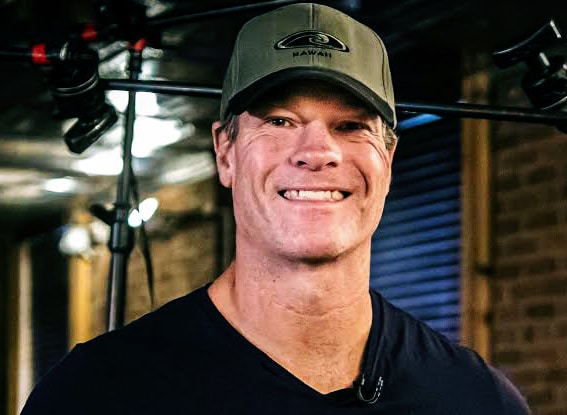One of the hardest concepts to understand about the carnivore diet is how simple it is. Do you need to track macros or calories? Do you need to weigh your food and calculate micronutrient amounts? Do you need to be hooked up to daily blood monitors and check your lab results every few months? I would argue that you don’t need to do any of that. If a diet requires constant monitoring and calculation, then it is arguably not a very good or sustainable diet.
One big misconception about the carnivore diet is that it’s a way to lose weight. Certainly, weight loss can and often does occur, but it’s not guaranteed. Some folks even gain body fat. I have mentioned that malnutrition is a huge problem because people tend to eat energy-rich but nutrient-poor; this diet tends to fix that imbalance. If you approach this diet with the focus of weighing a certain amount or fitting into a certain size of jeans, then you will likely struggle. It’s not that those things won’t happen, but they’re secondary to improvements in nutrition. Nutrition precedes health; health precedes body re-composition.
Here are some simple rules for getting started on a Carnivore Diet:
- Take one day at a time. You’re not committing to a life sentence when you start a carnivore diet, and you’re not joining a race. Enjoy life! Each day is a new chance to learn and experiment. This experience should be about you finding out what it takes for you to feel and function your best. There is no one way to follow the plan, but there are common paths. Remember that failure precedes success, so don’t beat yourself up about any miscues.
- Enjoy the process. I often tell people to count how many meals they enjoy after starting the carnivore diet. You should enjoy most of your meals. If you don’t enjoy what you eat, you’ll never stay with any diet long term. Learning how to cook and prepare meat can be a wonderfully enjoyable process. When you’re starting, variety can be your friend, so experiment with your choices. There are thousands of different cuts and types of animal products to enjoy.
- Eat enough. The vast majority of issues that occur with transitioning are a result of not eating enough. Many people come from a background of restricting calories or macronutrients, and that habit is often hard to break. That style of eating leads to a poorly regulated appetite and a ton of anxiety. (I’m going to keep repeating this idea: If you’re constantly managing your appetite, you will not be happy.)
When you’re hungry, you should eat! (Shocking, I know.) However, think about it in the context of any other physiologic function. When you need air, you breathe. It’s as simple as that, and eating to satisfy hunger can be the same. While adapting to the diet, eat until you’re full, and repeat as often as needed to keep yourself out of the cupcakes. If you try to limit your intake, you’ll rapidly fall prey to old habits and cravings. - Don’t make comparisons. Your results are your results, and they may be different than someone else’s. Constantly comparing yourself to others is a quick path to misery. Be objective about who you are, where you’re starting, and what’s important to you. You’re more than a number on a scale or a collection of lab values. Your physiology is dynamic and unique to your environment.
- Remember that you’re eating for you. The pressure to fit in socially can sometimes be enormous, and many people collapse on a diet so as not to disappoint a friend or loved one. People who truly care for you will understand that you’re embarking on a trial to improve some aspect of your being, and they’ll respect what you’re doing.
- Focus on feasting. As stated in rule 3, you need to eat enough, and I’m referring to both the frequency and the quantity. After some time on the carnivore diet, most people tend to fall into a pattern of eating meals less frequently. I typically eat once or twice per day, but that presumes I’ve eaten enough not to be hungry between feedings. If you focus on the delicious food and ensure you get plenty of it, you won’t need to set a stopwatch to tell you when to eat again.7. Not everything is diet related. As you become more attuned to how you respond to food, particularly as your diet begins to become narrower, it’s sometimes easy to fall into the trap of analyzing every single health-related issue and trying to attribute it to diet. Diet is hugely important, and I can’t overstate its effect on your health. However, constantly worrying about every blemish, belch, or sneeze is not productive and will turn you into a miserable hypochondriac. Things will happen—many good, some bad. Some will be diet-related; many will not. Take the big-picture view and learn to relax. Put your energy into thinking, “How does my health compare to three months ago?” rather than thinking, “How does my health compare to yesterday?”
Excerpted from The Carnivore Diet, By Dr. Shawn Baker.
Learn more HERE

Reviewed & approved by
Dr. Shawn Baker, MD & Carnivore.Diet team.
